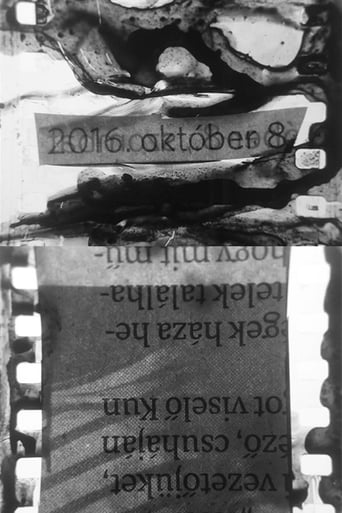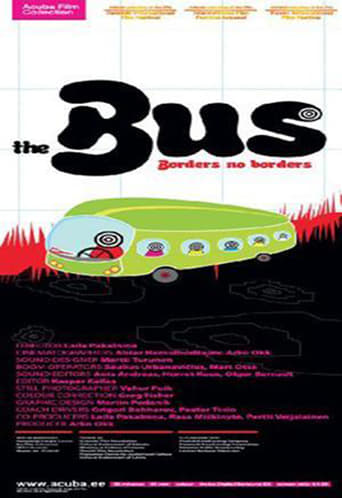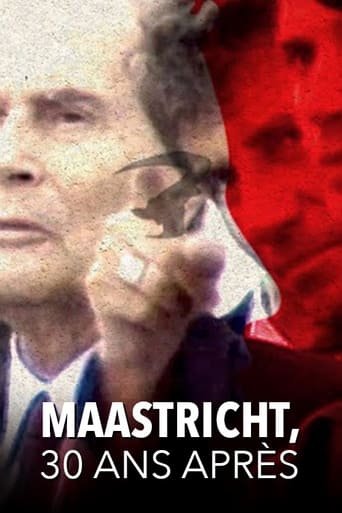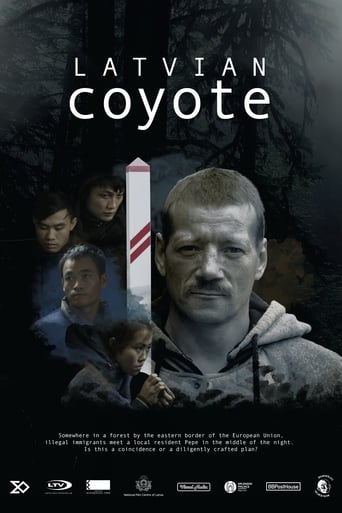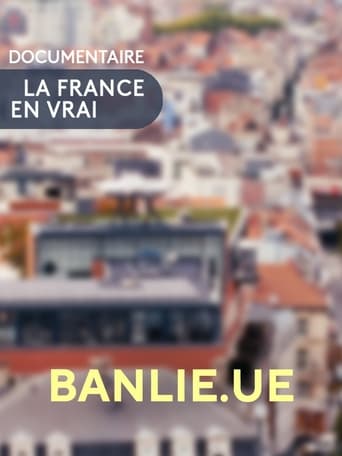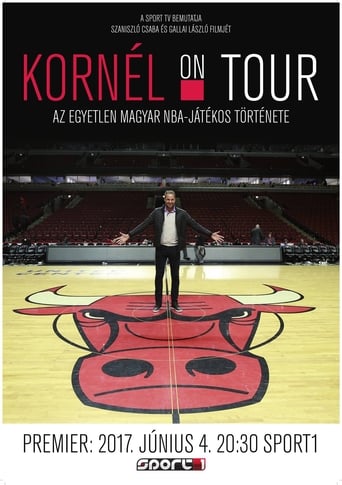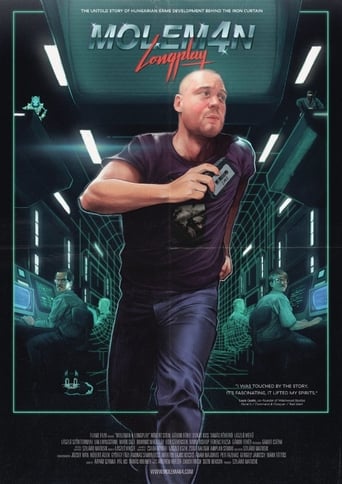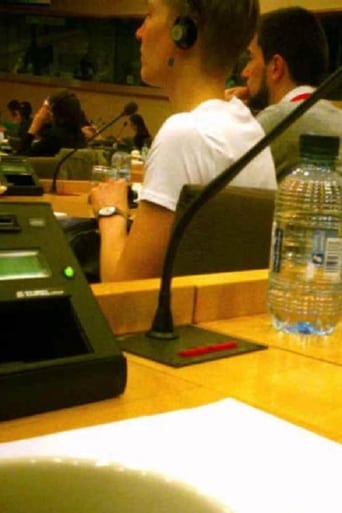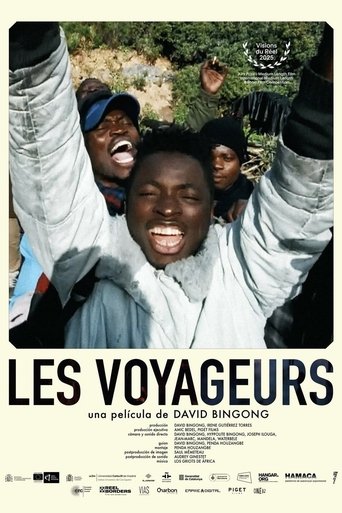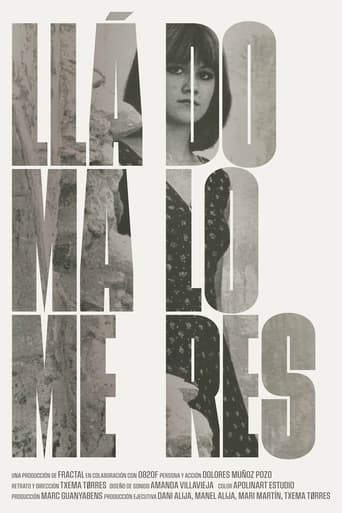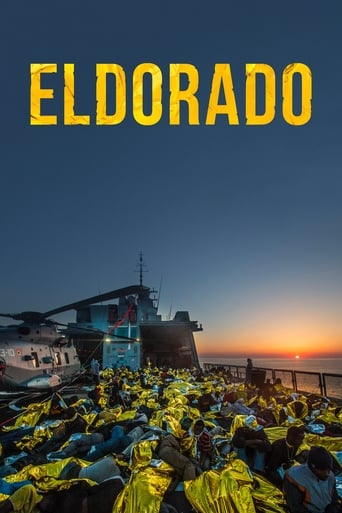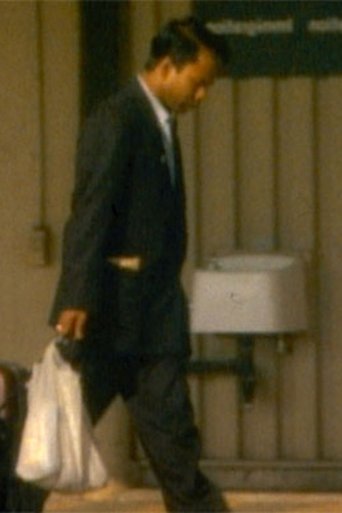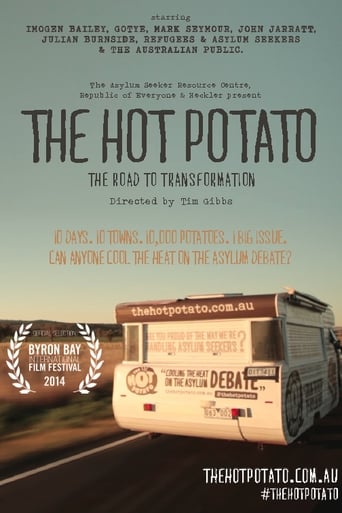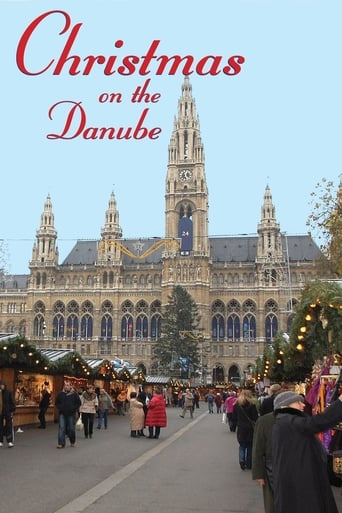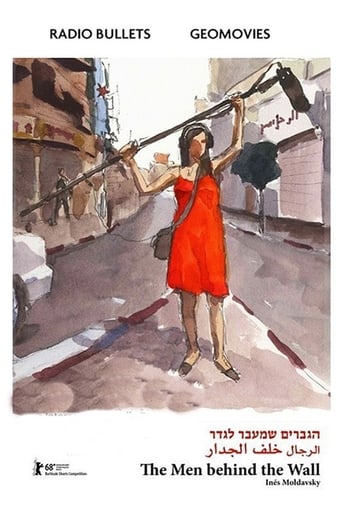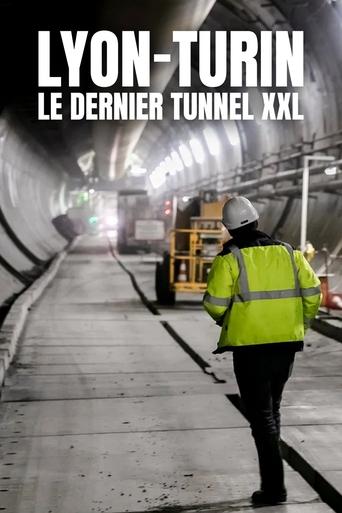Before Our Eyes
One inside, one outside. One thin line that creates “us” and “them”. The importance of the borders has again a huge impact in Europe. Yesterday it was all about free movement. Today it´s about controled borders. And walls and fences have become normality. “Before our eyes” is a testimony that shows a situation where Hungary, and indirectly Europe closes itself to the outside world. The film portrays four places, four events, which was filmed over three days in early September 2015, when the worst refugee crisis we have seen since the Second World War started in earnest. “My Europe does not build walls!” said Stefan Löfven, the swedish prime minister, in a speech a few days later. Before our eyes shows how words and actions are no longer connected. Today, Spain, Greece, Bulgaria, the UK, Hungary, Slovenia and Austria have built fences and walls to strengthen theirs and Europe’s external borders.
